Adam Smith and Capitalism Today
April 13-14, 2023 | Murray Function Room, Yawkey Center 4th floor | Registration
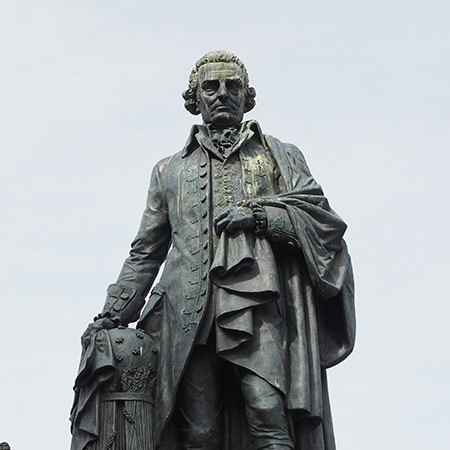
Our modern world has been decisively shaped by capitalism – on this, all agree. But has it been shaped by capitalism for the worse or for the better? Here we find less agreement. While some argue that capitalism has promoted the progress of society and the alleviation of poverty, others argue that capitalism has corrupted us by eviscerating our communities and exacerbating inequality.
How ought we then understand capitalism’s present state and possible future? For guidance, our conference proposes to go back to the past and revisit the social vision of Adam Smith, the thinker who more than any other thinker in our tradition is credited as the founding father of modern capitalism.
This event is especially timely given not just the current state of the debate over capitalism, but also the fact that 2023 is the 300th anniversary of Adam Smith’s birth. Adam Smith and Capitalism Today thus joins several other events worldwide being held this year in order to commemorate Smith’s tercentenary and examine his legacy and continued relevance.
Our conference will bring thirteen renowned experts from multiple fields – from economics to political science to philosophy – to the Boston College campus for two days of plenary addresses and panels and discussions. In so doing we hope to provide attendees with an opportunity to engage the wide range of themes Smith addressed – from sympathy and virtue and happiness to wealth and poverty and inequality – and thereby open up the question of how engaging Smith’s vision can help shape today’s discussions of capitalism’s future.
Cosponsored with the Clough Center for the Study of Constitutional Democracy
Schedule and RegistrationThursday, April 13, 2023 | Murray Function Room, Yawkey Center 4th floor | Registration | |
|---|---|
| 4:00-4:45 PM | Keynote Address
|
| 4:45-5:45 PM | Discussion Panel: “Adam Smith and Capitalism Today: A Discussion”
|
| 5:45-6:45 PM | Opening Reception |
Friday, April 14, 2023 | Murray Function Room, Yawkey Center 4th floor | Registration | |
|---|---|
| 8:30-9:00 AM | Breakfast
|
| 9:00-10:30 AM | Panel #1: Smith and Sympathy
|
| 10:30-10:45 AM | Coffee
|
| 10:45-12:15 PM | Panel #2: Smith and Politics
|
| 12:30-1:30 PM | Lunch Break |
| 1:45-3:15 PM | Panel #3: Smith and Society
|
| 3:15-3:30 PM | Coffee |
| 3:15-5:00 PM | Panel #4: Smith and His Legacy for Capitalism
|
| 5:00-6:00 PM | Closing Reception |
Speakers

Remy Debes
Remy Debes is Associate Professor and Chair of Philosophy at the University of Memphis. He completed his PhD at Michigan in 2006. His principal areas of research are moral theory and the history of moral theory, with a focus on the Enlightenment figures of David Hume and Adam Smith, and the subjects of moral psychology, empathy, human dignity, and respect. His current manuscript project is titled, The Possibility of Respect: Human Dignity and the Ethics of Difference.
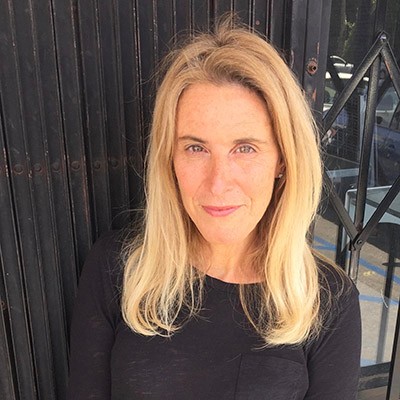
Fonna Forman
Fonna Forman (PhD University of Chicago) is Professor of Political Theory and Founding Director of the Center on Global Justice at the University of California, San Diego. She is known internationally for her revisionist research on Adam Smith, and has served for ten years as Editor of the Adam Smith Review. Her work engages the intersection of ethics, public culture, urban policy and the city, with a focus on climate justice, borders and migration, and informal urbanization. She regularly serves on local and international advisory bodies on human rights and climate justice. She is Co-Chair of the University of California’s Global Climate Leadership Council; and served until 2019 on the Global Citizenship Commission, advising United Nations policy on human rights in the 21st century. She has three new books (co-authored with Teddy Cruz): Spatializing Justice: Building Blocks and Socializing Architecture: Top-Down / Bottom-Up both published by the MIT Press; and Unwalling Citizenship, forthcoming with Verso London.

Ryan Patrick Hanley
Ryan Patrick Hanley is Professor of Political Science at Boston College. Prior to joining the faculty at Boston College, he was the Mellon Distinguished Professor of Political Science at Marquette University, held visiting appointments or fellowships at Yale, Harvard, and the University of Chicago, and served as President of the International Adam Smith Society. The author of four books and sixty articles and chapters on Enlightenment political philosophy, his work on Adam Smith includes his books Adam Smith and the Character of Virtue (Cambridge, 2009) and Our Great Purpose: Adam Smith on Living a Better Life (Princeton, 2019), and two edited volumes: Adam Smith: His Life, Thought, and Legacy(Princeton, 2016), and the Penguin Classics edition of Adam Smith’s Theory of Moral Sentiments (2009).
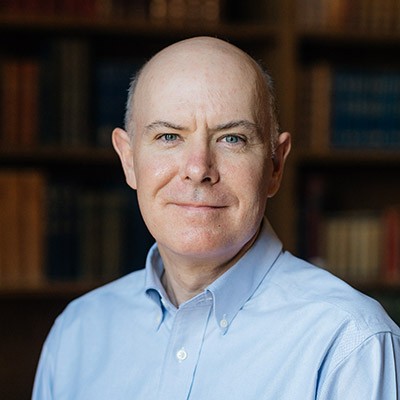
Douglas Irwin
Douglas Irwin is John French Professor of Economics at Dartmouth College. He is the author of Clashing over Commerce: A History of U.S. Trade Policy (Chicago, 2017), which The Economist and Foreign Affairs selected as one of their Best Books of the Year. He is president-elect of the Economic History Association (2022-23), a Research Associate of the National Bureau of Economic Research, and a non-resident Senior Fellow at the Peterson Institute for International Economics. He is also the author of Free Trade Under Fire (Princeton, 5th ed. 2020), Trade Policy Disaster: Lessons from the 1930s (MIT, 2012), Peddling Protectionism: Smoot-Hawley and the Great Depression (Princeton, 2011), Against the Tide: An Intellectual History of Free Trade (Princeton, 1996), and many articles on trade policy and economic history. Among his Smithian articles is “Adam Smith’s Tolerable Administration of Justice and the Wealth of Nations,” Scottish Journal of Political Economy (July 2020).

Glory M. Liu
Glory M. Liu is a lecturer in Social Studies at Harvard and author of Adam Smith's America: How a Scottish Enlightenment Became an Icon of American Capitalism (Princeton, 2022). Her works have appeared in Modern Intellectual History, History of European Ideas, and she has also written for outlets such as The Nation, The Washington Post, and Aeon Magazine.
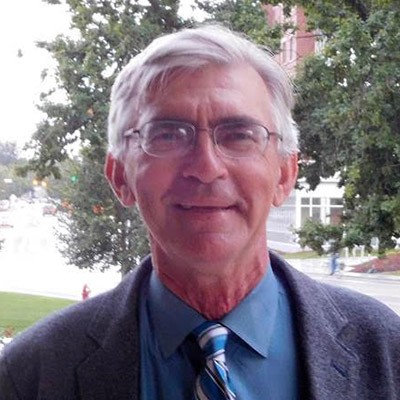
Peter McNamara
Peter McNamara’s research and teaching focuses on American political thought, Early Modern political thought, and political economy. He is the author of Political Economy and Statesmanship: Smith, Hamilton and the Foundation of the Commercial Republic (NIU, 1998) and the editor of The Noblest Minds: Fame, Honor and the American Founding(Rowman and Littlefield, 1999) and (with Louis Hunt) Liberalism, Conservatism and Hayek's Idea of Spontaneous Order (Palgrave, 2007). He has written on a wide variety of other topics including Hayek’s moral theory, political opportunism, Jefferson’s federalism, and the intellectual origins of business schools. He has taught at Utah State University, Boston College, and Clemson University, where he was a Hayek Visiting Scholar. He has also worked as a research officer for the Australian Treasury. He has a Bachelor of Economics (with First Class Honors) from the University of Queensland in Brisbane, Australia, and a doctorate in political science from Boston College.

Jerry Z. Muller
Jerry Z. Muller is professor emeritus of history at the Catholic University of America. He is the author of seven books, including Adam Smith in His Time and Ours (Princeton, 1993), The Mind and the Market: Capitalism in Modern European Thought (Knopf, 2002); Capitalism and the Jews (Princeton, 2010), and The Tyranny of Metrics, published by Princeton in 2018 and since translated into ten languages. His chapter on “Nationalism and Capitalism,” is forthcoming in The Cambridge History of Nationhood and Nationalism. His essays for a broad public include “Us and Them: The Enduring Power of Ethnic Nationalism,” Foreign Affairs (2008); and “Capitalism and Inequality: What the Right and the Left Get Wrong,” Foreign Affairs (2013). His 36-part lecture series “Thinking about Capitalism” (2009) is available from The Great Courses.
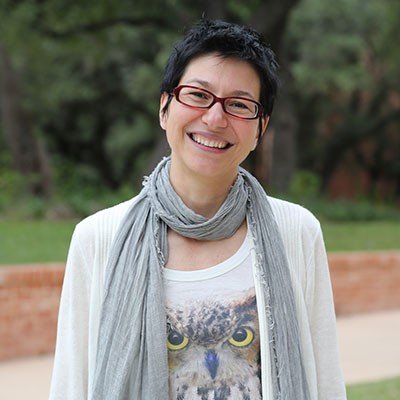
Maria Pia Paganelli
Maria Pia Paganelli is a Professor of Economics at Trinity University. She works on Adam Smith, David Hume, and 18th century monetary theories. She wrote The Routledge Guidebook to Adam Smith’s Wealth of Nations (Routledge, 2020), and co-edited the Oxford Handbook on Adam Smith (Oxford, 2013) and Adam Smith and Rousseau (Edinburgh, 2018). She served as the Vice President of the History of Economics Society and as the book review editor for the Journal of the History of Economic Thought. She is the current President of the International Adam Smith Society, and the president-elect of the History of Economics Society.
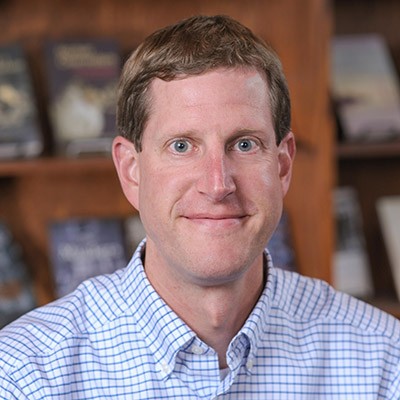
Dennis C. Rasmussen
Dennis C. Rasmussen is a Professor of Political Science at Syracuse University’s Maxwell School of Citizenship and Public Affairs. His research focuses on the Enlightenment, the American founding, and the virtues and shortcomings of liberal democracy and market capitalism. He is the author of five books, including The Infidel and the Professor: David Hume, Adam Smith, and the Friendship That Shaped Modern Thought (Princeton, 2018), shortlisted for the Ralph Waldo Emerson Award; Fears of a Setting Sun: The Disillusionment of America’s Founders (Princeton, 2021), named a best politics books of the year in the Wall Street Journal; and, most recently, The Constitution’s Penman: Gouverneur Morris and the Creation of America’s Basic Charter (Kansas, 2023).
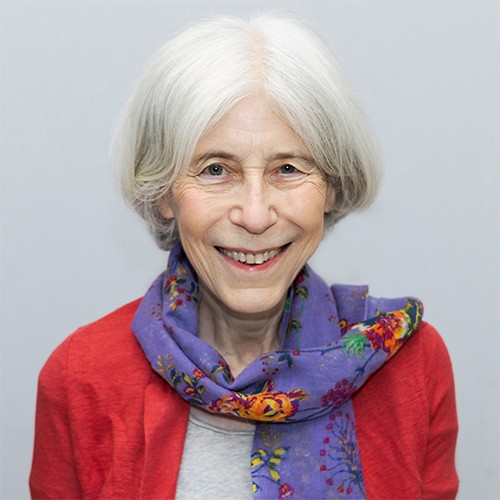
Emma Rothschild
Emma Rothschild is Jeremy and Jane Knowles Professor of History at Harvard University, a fellow of Magdalene College, Cambridge, and professeur invitée at the Centre ;Histoire deSciences Po, Paris. She is the Director of the Joint Center for History and Economics at Harvard and at the University of Cambridge. She is the author of An Infinite History: A Family in France over Three Centuries (Princeton University Press, 2021), The Inner Life of Empires:An Eighteenth-Century History (Princeton University Press, 2011), Economic Sentiments:Adam Smith, Condorcet and the Enlightenment (Harvard University Press, 2001), Paradise Lost: The Decline of the Auto-Industrial Age (Random House, 1973), and many articles in scholarly and other journals. She was Chair of the United Nations Research Institute for Social Development and has been a member of the Royal Commission on Environmental Pollution and the Council on Science and Technology in the United Kingdom. She was awarded the 2022 Guggenheim Prize in the History of Economic Thought.
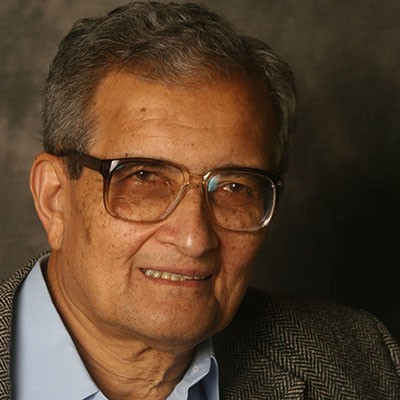
Amartya Sen
Amartya Sen is Thomas W. Lamont University Professor, and Professor of Economicsand Philosophy, at Harvard University and was until 2004 the Master of Trinity College,Cambridge. He is also Senior Fellow at the Harvard Society of Fellows. Earlier on hewas Professor of Economics at Jadavpur University Calcutta, the Delhi School ofEconomics, and the London School of Economics, and Drummond Professor of Political Economy at Oxford University.
Professor Sen has served as President of the Econometric Society, the AmericanEconomic Association, the Indian Economic Association, and the InternationalEconomic Association. He was formerly Honorary President of OXFAM and is now itsHonorary Advisor. His research has ranged over social choice theory, economic theory,ethics and political philosophy, welfare economics, theory of measurement, decisiontheory, development economics, public health, and gender studies. His books have been translated into more than thirty languages, and include Choice of Techniques (1960), Growth Economics (1970), Collective Choice and Social Welfare (1970), On Economic Inequality (1973, 1997), Poverty and Famines (1981), Utilitarianism and Beyond (jointly with Bernard Williams, 1982), Choice, Welfare and Measurement (1982), Commodities and Capabilities (1985), The Standard of Living (1987), On Ethics and Economics (1987), Hunger and Public Action (jointly with Jean Drèze, 1989), Inequality Re-examined (1992), The Quality of Life (jointly with Martha Nussbaum, 1993), Development as Freedom (1999), Rationality and Freedom (2002), The Argumentative Indian (2005), Identity and Violence: The Illusion of Destiny (2006), The Idea of Justice (2009), An Uncertain Glory: India and Its Contradictions (jointly with Jean Drèze, 2013), and The Country of First Boys (2015).
Professor Sen’s awards include Bharat Ratna (India), Commandeur de la Legion d’Honneur (France), the National Humanities Medal (USA), Ordem do Merito Cientifico (Brazil), Honorary Companion of Honour (UK), the Aztec Eagle (Mexico), the Edinburgh Medal (UK), the George Marshall Award (USA), the Eisenhower Medal (USA), and the Nobel Prize in Economics.

Craig Smith
Craig Smith is the Adam Smith Senior Lecturer in the Scottish Enlightenment at The University of Glasgow. He is the author of Adam Smith’s Political Philosophy: The Invisible Hand and Spontaneous Order (Routledge, 2013), and Adam Smith (Polity, 2020), and has co-edited the Oxford Handbook of Adam Smith and the Cambridge Companion to the Scottish Enlightenment. He is currently directing the University of Glasgow’s commemoration events for the tercentenary of Adam Smith’s birth.

Brianne Wolf
Brianne Wolf is Assistant Professor of Political Theory and Constitutional Democracy at James Madison College at Michigan State University. Trained in the history of political thought, her research and teaching reflect on questions about the interaction between economics and politics, liberalism, and moral judgment with a focus on the Scottish and French Enlightenments. She has published on Jean-Jacques Rousseau, Adam Smith, Alexis de Tocqueville, and Friedrich Hayek in History of Political Thought, Polity, Review of Politics, and edited volumes. Dr. Wolf is currently at work on a book length study of the role of taste in solving problems of individualism in the liberal tradition in the thought of David Hume, Rousseau, Smith, and Tocqueville titled “Beyond Rights and Price: Liberalism with Taste.”
Campus Map and Parking
Parking is available at the nearby Beacon Street and Commonwealth Avenue Garages.
Boston College is also accessible via public transportation (MBTA B Line - Boston College).
Boston College strongly encourages conference participants to receive the COVID-19 vaccination before attending events on campus.

